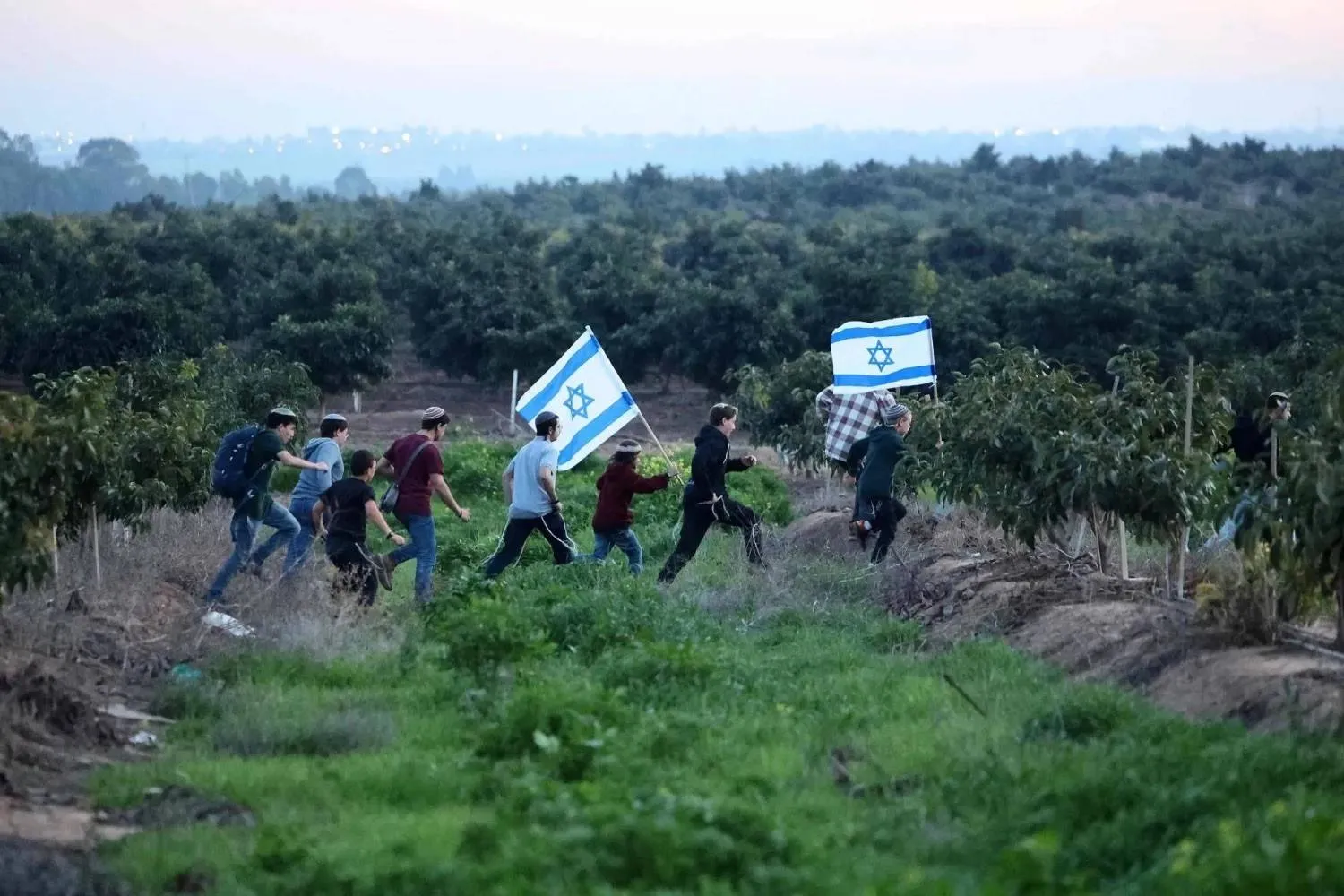President Kais Saied won a landslide victory in Tunisia's election Monday, keeping his grip on power after a first term in which opponents were imprisoned and the country's institutions overhauled to give him more authority.
The North African country's Independent High Authority for Elections said Saied received 90.7% of the vote.
“We’re going to cleanse the country of all the corrupt and schemers,” the 66-year-old president said in a speech at campaign headquarters. He pledged to defend Tunisia against threats foreign and domestic.
The closest challenger, businessman Ayachi Zammel, won 7.4% of the vote after sitting in prison for the majority of the campaign while facing multiple sentences for election-related crimes.
Saied's win was marred by low voter turnout. Election officials reported 28.8% of voters participated on Oct. 6 — a significantly smaller showing than in the first round of the country's two other post-Arab Spring elections and an indication of apathy plaguing the country's 9.7 million eligible voters.
Saied’s most prominent challengers — imprisoned since last year — were prevented from running, and lesser-known candidates were jailed or kept off the ballot. Opposition parties boycotted the contest, calling it a sham.
Saied won his first term in 2019 promising to combat corruption. In 2021 he declared a state of emergency, suspended parliament and rewrote the constitution to consolidate the power of the presidency — a series of actions his critics likened to a coup.
Tunisians in a referendum approved the president's proposed constitution a year later, although voter turnout plummeted.









